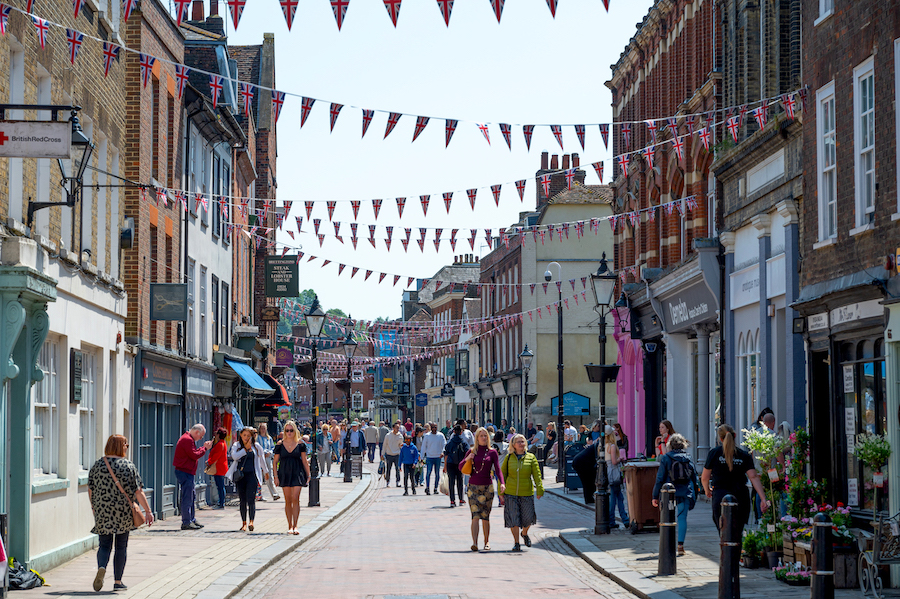In 1614, the Scottish writer John Barclay published a slim Latin book with the grand title Icon Animorum, or The Mirror of Minds. In it, he marched the nations of Europe across the stage: the proud Spaniard, the scheming Italian, the frivolous Frenchman, the solemn German, the valiant but volatile Pole. It was caricature rather than anthropology, closer to pantomime than scholarship. Yet it stuck. Europeans have always loved pinning people like butterflies, neatly labelling them with adjectives. The trouble is that these stereotypes don’t always stack up.
The more Europe laughs at others, the more it risks being trapped in its own cartoon
Look at recent European history. In 2005, during France’s referendum campaign on ratifying the proposed constitution of the EU, the ‘no’ campaign created the character of the ‘Polish plumber’, a menacing figure who was out to take French jobs. Then, in 2014, Nigel Farage said he would be concerned if a group of Romanian men moved in next door to him, and for years afterwards, Romanians were cast in the British mind as an ominous, threatening people. Today, in our era of record-high immigration, Europeans are inventing new stereotypes for Albanians (drug dealers), Pakistanis (rapists) and Nigerians (scammers).
Britain itself has long been both target and source of its own national stereotypes. During Brexit, stereotypes framed coverage of the negotiations on both sides. In Europe, Britain was a truculent cousin at the family dinner – perfidious Albion incarnate. In Britain, meanwhile, Brussels administrators were painted as faceless officials intent on banning sausages, and in the tabloids French fisherman became public enemy number one. No wonder negotiations often resembled farce – the characters had been written years before.
Part of the problem with stereotypes is that they blot out everything else. Polish doctors and nurses kept the NHS standing during Covid, but they never became shorthand for Polishness. Nobody generalises about the Indian lecturer or the Bangladeshi accountant. No, that would be too dull. Policy unfortunately then follows the cartoon. Immigration debates across Europe have been fought with simple stick figures. Britain’s post-Brexit points system was sold as rewarding ‘skilled workers’ while keeping out supposed freeloaders. In practice, it was nurses, builders and lorry drivers – people who never fitted the sketch, and people who Britain needed – who were restricted.
What would Barclay’s Icon Animorum look like now? Not a leather folio. but a meme feed: the stag-do Brit, the grafting Pole, the rule-book Frenchman. A more offensive version might look like the ‘Yookay Aesthetics’ Twitter account which now has more than 50,000 followers.
Barclay’s mirror still reflects – only now the image flickers across Instagram, the evening news and every campaign rally. The more Europe laughs at others, the more it risks being trapped in its own cartoon. The laugh is not on them. It is on us.







Comments